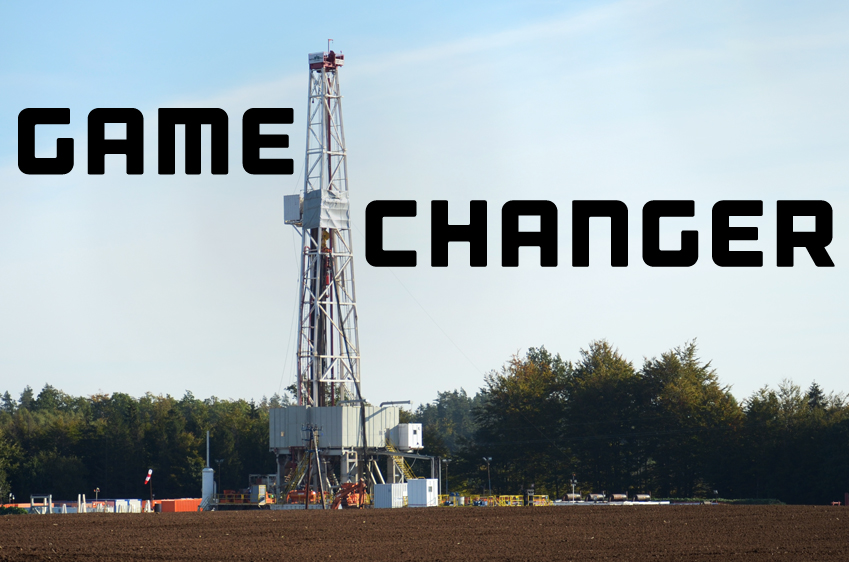
On the surface, Poland would not seem to have much in common with Pennsylvania and eastern Ohio. But dig beneath the surface in both places and you find shale gas, a potential source of cheap energy and economic regeneration. In an innovative collaboration between Calkins Media and the Pulitzer Center, journalists Steve Sapienza and Dimiter Kenarov have prepared a series of reports on how these two parts of the world have come to pin their hopes on this new resource. "Some have called shale gas 'a game changer' and a path to energy independence and economic revival," writes Dimiter. "Others have looked closely at the environmental dangers of hydraulic fracturing, or fracking (the technique of extraction) and our continued dependence on fossil fuels." The work has already appeared in a number of outlets, including the Ecologist, the McClatchy newspapers and Foreign Policy. It has also been collected on a website, www.shalereporter.com published by Calkins Media.
* * *
The murders of three Kurdish women in Paris last month has focused new attention on the role of women in the Kurdish struggle for identity. Few journalists are as well-equipped to write about this subject as Pulitzer Center grantee Jenna Krajeski, who has based herself in Istanbul and developed a deep understanding of Kurdish politics. "Since the beginning, Kurdish women have played an integral role in the Kurdish movement," Jenna writes for The Atlantic. "They fight and they protest, they vote and they get elected to office. And somewhere along the way they achieved a (very complicated, highly controversial, maybe lasting or even replicable) liberation."
* * *
The ugliest aspect of Europe's lingering economic woe is the resurgence—and growing acceptance—of neo-fascist hate groups across the continent. From the thuggish Golden Dawn party in Greece, to the rabidly anti-Semitic Jobbik party in Hungary, the politics of scapegoating has returned with a vengeance. Jobbik is now the third largest party in Hungary's parliament, but even more unsettling is that Fidesz, the ruling party, is not doing much to distance itself from Jobbik's extreme views. Pulitzer Center grantee Bill Wheeler, also writing for The Atlantic, reports that "across Europe, the resurgence of such extremist politics has raised thorny questions about the limits of free speech and political participation in a democracy."
Until next week,
Tom Hundley
Senior Editor
Iraq's Kurds are in business while Turkey and its own Kurdish population are at war. Will success in...
Project
Europe's Siege on Democracy
Europe’s economic crisis has become intertwined with disturbing anti-democratic trends and the rise...









